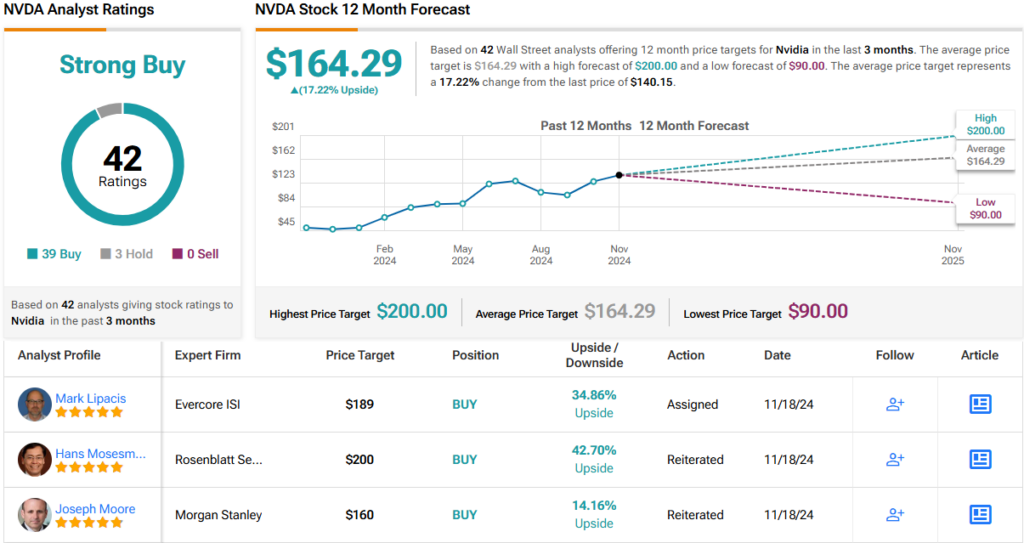If Tesla (TSLA) becomes a powerhouse in AI as CEO Elon Musk envisions, he argues that the risk of activist shareholders seizing control of the company and leading it astray is too great. Musk emphasized during an earnings call his support for creating a new class of super-voting shares that would provide him with the influence to serve as an effective steward of powerful technology. He expressed a desire for a 25% stake in the company, aiming for substantial influence without total control. This move comes at a challenging time for Tesla as it missed estimates for its fourth quarter and issued a downbeat full-year production outlook, causing the stock to drop. Instead of a one-vote-one-share dynamic, the dual-class structure Musk wants entails super-voting shares counting for many more votes, allowing its owners to have a greater impact on company decisions. However, implementing a multiple-class share structure typically requires shareholder approval. In Musk’s case, it would require shareholders to essentially give up their own voting influence to empower an impulsive and headstrong executive, who has faced criticism for acting against the company’s interests in favor of his own whims and other business endeavors. Tesla could also grant Musk’s desired level of influence by simply handing over additional shares, but that would dilute the ownership of existing shareholders and draw further criticism. The extra shares would also add significantly to Musk’s compensation, raising concerns about the board being too deferential to him. On Thursday, shares fell nearly 10%.













:max_bytes(150000):strip_icc()/MSTRChart.py-2c9306aabdaf4aa0bc6e0d6569996c7c.jpg)
